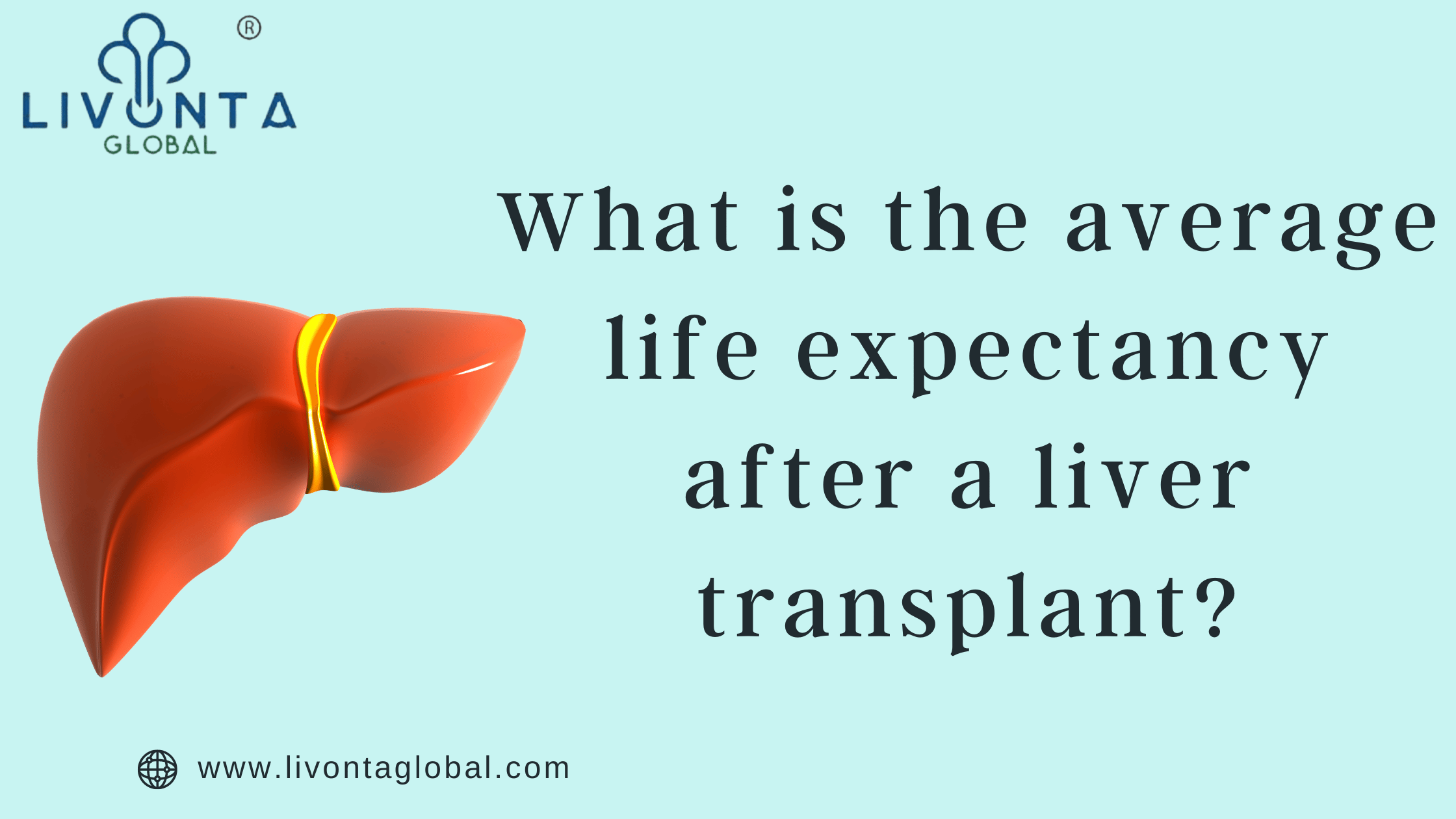Simply put, a liver transplant (LT) involves operating out a sick liver for a healthy one. The new liver may be donated by a living relative or removed from a brain-dead donor (cadaver). You need to choose the top liver hospital in India to get the donor faster.
Surviving after a liver transplant
After a successful liver transplant in India, there are a number of variables that affect life expectancy. Comorbidities, the patient’s age, and general health are some of the major factors that decide the life expectancy of the patient post-transplant. Also, it is essential to note the patient’s reaction to the post-transplant medications.
Liver transplant patients typically live more than 10 years after the operation. After the transplant, many people have been known to live for 20 years or longer. According to statistics, 70% of transplant recipients may live for at least 5 years after the procedure, while 90% of recipients survive for at least a year.
In comparison to people who do not have the surgery, they typically experience outstanding outcomes in terms of a high quality of life, the return to regular activities like school and work, and a decreased need for hospitalisation.
According to studies, patient and graft survival has significantly increased over time, and graft loss due to acute or chronic rejection is becoming less common. However, some of the biggest worries about long-term survival , as suggested by the doctors of the best liver hospital in India still pertain to age- and disease-related causes of graft loss.
Since 1983, patients with advanced liver disease have had the therapeutic option of a liver transplant. The ongoing advancements in immunosuppressive, surgical care, post-operative treatment, technological accomplishments, and advancements in procurement and preservation provide the foundation for patient survival rate improvements.
The liver is the biggest organ in the human body, second only to the skin. It regulates how the body digests food, removes toxins, and aids in body cleansing. It aids in managing a number of things, including:
- digestion and breakdown of food
- production of vital proteins necessary for blood clotting
- storage of the sugar utilised for energy, or glycogen
- creation of vitamin D
- many poisons and medications decompose
- removing waste from the body
The liver cannot repair itself when it suffers significant scarring. It is called Cirrhosis. When liver disease worsens, a person may exhibit symptoms like:
Failure of the liver occurs when it is unable to perform the regular tasks required to maintain life.
High blood pressure in the portal vein: Liver scarring prevents regular blood flow through it. It causes the blood in the portal vein to swell under pressure (the vein that feeds the liver). Blood in the faeces and vomit are the symptoms.
Hepatocellular carcinoma, sometimes known as liver cancer, can arise within a liver that is scarred.
After a liver transplant (LT), the patient will be constantly observed by the medical professionals to assist avoid and manage diseases like:
- transplant failure
- if the liver disease is returned
- If there’s any sign of cancer, specifically skin cancer
Alcohol and other substances may be more likely to harm a transplanted liver. The transplantation team advises recipients to refrain from abusing alcohol excessively after transplantation.
Recipients of liver transplants are permitted to consume treated (chlorinated) municipal tap water. A patient is instructed to boil the water before ingesting it if the source of the water is a well or another dubious source.
Patients undergoing liver transplants should have a list of their current medications in their wallets for quick access in the event of an emergency.

Leave a Comment